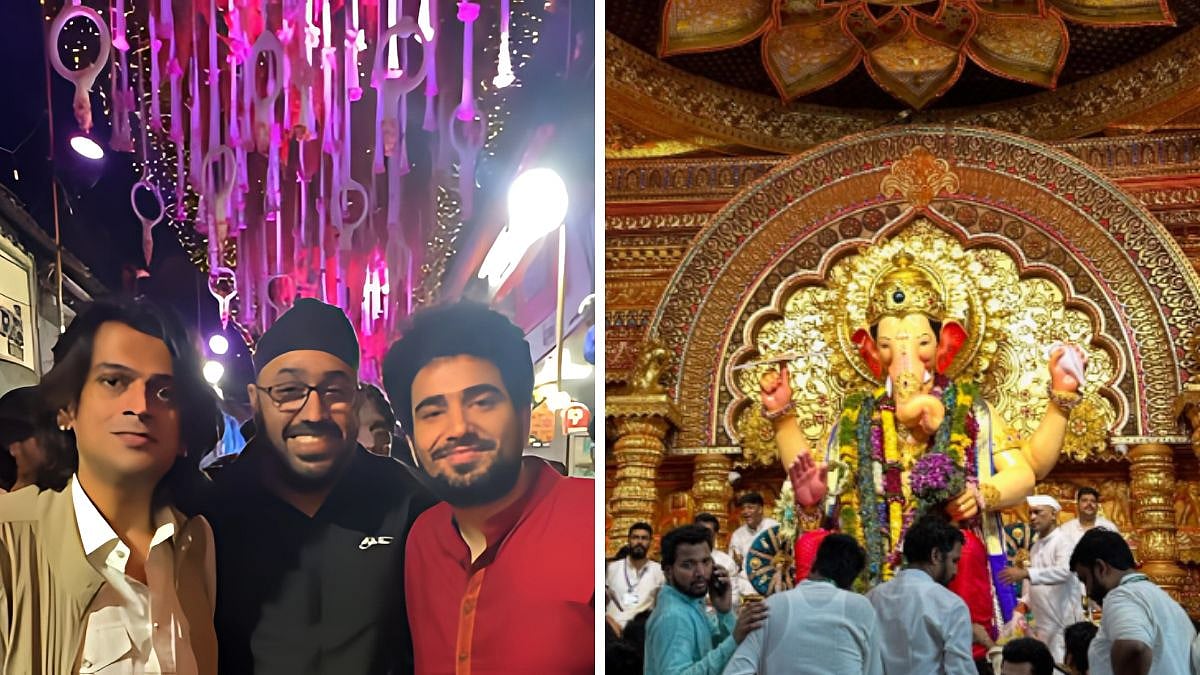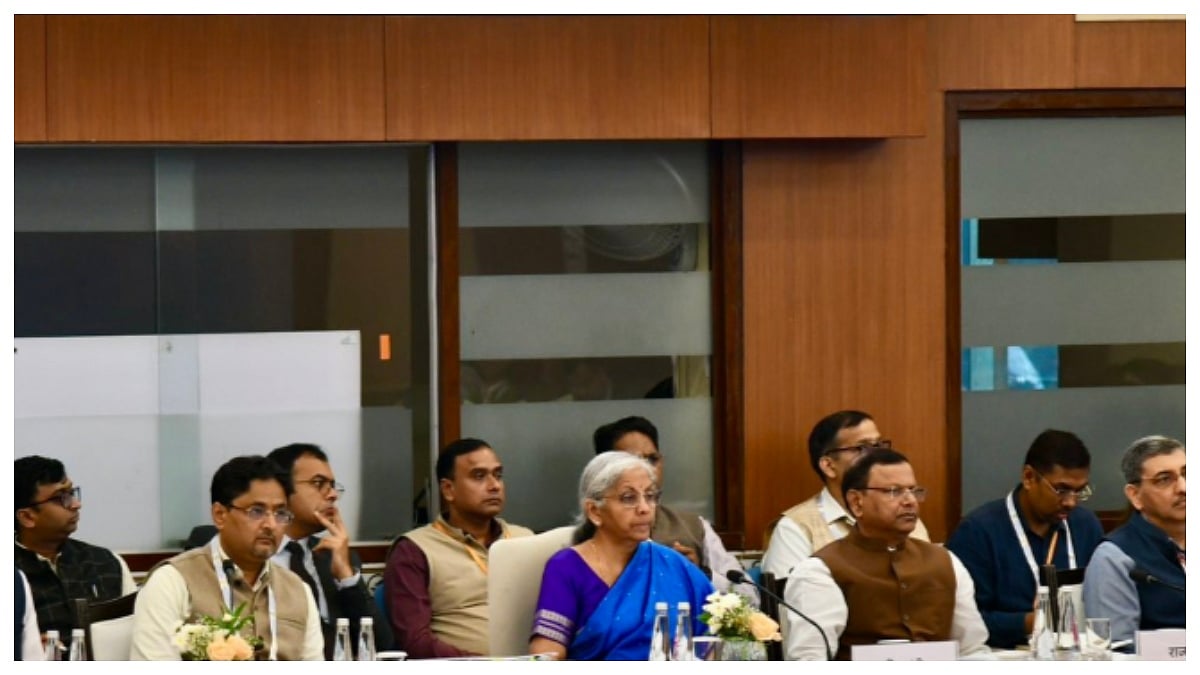As the nation anticipates Budget 2024, the manufacturing sector is eagerly awaiting measures aimed at fostering job creation and fortifying industrial capabilities.
With Union Finance Minister Nirmala Sitharaman poised to unveil Budget 2024 on February 1, 2024, expectations within the manufacturing sector are high. Industry experts said that the government should implement measures to foster inclusive job creation and enhance industrial capacity. Some experts added that offering higher incentives to units established in eastern states could play a significant role in promoting balanced regional industrialization.
Inclusive Job Creation and Regional Industrialization:
Experts and industry leaders have urged Union Finance Minister Nirmala Sitharaman to focus on inclusive job creation and balanced regional industrialization. Gurmit Singh Arora, National President of the Indian Plumbing Association, suggested tying Production-Linked Incentive (PLI) eligibility to skilling initiatives and hiring targets. Additionally, he emphasized the importance of providing higher incentives for units established in eastern states to contribute to balanced regional industrialization.
Another industry experts said introducing new schemes for toys, shipping containers, and machine tools with attractive fiscal and non-fiscal incentives would significantly enhance cost competitiveness compared to alternative manufacturing destinations.

Despite the success of manufacturing investment schemes, Arora highlighted challenges related to operational issues for foreign investors, including land acquisition, utility connections, and qualification criteria. He urged the government to address these challenges to expedite on-the-ground execution.
Seizing the Manufacturing Moment
Amrit Acharya, CEO & Co-founder at Zetwerk, expressed the need for a bold 25-year vision for Indian manufacturing. He urged the government to go beyond 'Make in India' and focus on a self-reliant ecosystem through increased investment in research and development, clean technologies, and robust skilling programs. Acharya stressed the importance of collaboration between established manufacturers and new-age companies for sustained growth and global competitiveness.
Strategic Schemes for Cost Competitiveness
Tejpal Singh Shekhawat, founder and CEO of Kalyanam Furniture, emphasized the impact of the PLI initiative, stable policies, rapid digitization, and the China plus one realignment on India's global manufacturing position. Shekhawat suggested scaling existing schemes for electronics and solar cells while introducing new schemes for toys, shipping containers, and machine tools. He highlighted that attractive fiscal and non-fiscal incentives would significantly enhance India's cost competitiveness compared to alternative manufacturing destinations.
Balancing Regulation and Incentives
Raghunandan Saraf, Founder and CEO of Saraf Furniture, emphasized the importance of maintaining a balance in regulations and incentives. While acknowledging the necessity of certain measures, Saraf cautioned against excessive limitations that could hinder investor interest. He called for clear sunset clauses, seamless dispute resolution mechanisms, and eligibility criteria linked to production milestones.
Budget 2024 Expectations
The manufacturing sector expects Budget 2024 to address operational challenges, provide incentives for regional industrialization, and outline a visionary roadmap for sustained growth. As the Finance Minister prepares to unveil the budget on February 1, 2024, stakeholders in the manufacturing sector are hopeful for policies that will propel India into a leadership position in global manufacturing.











